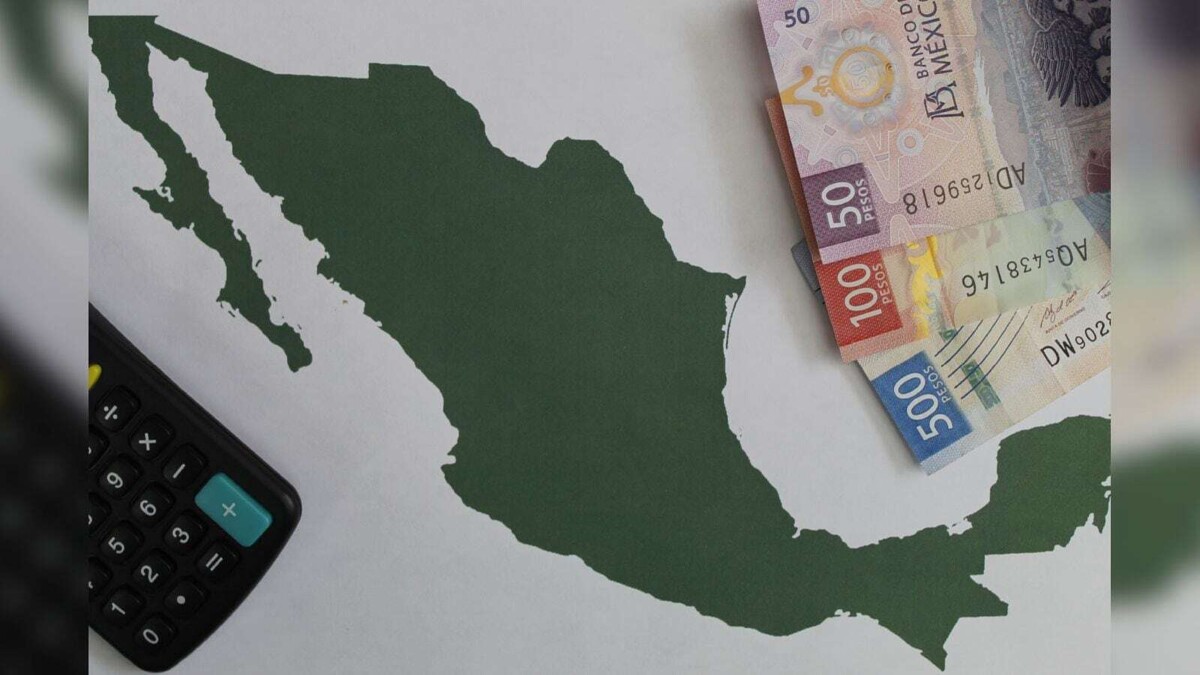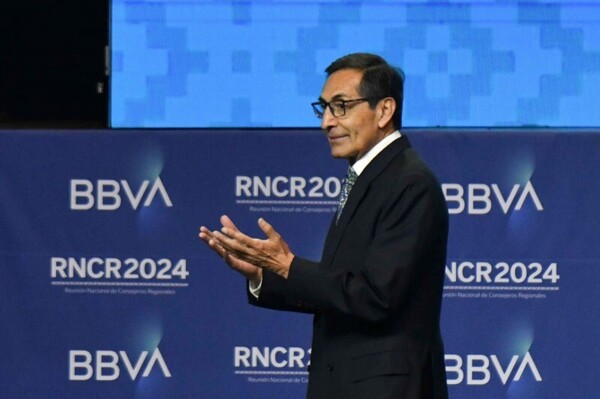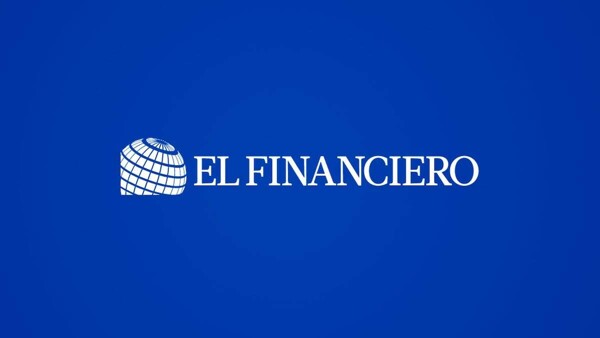
The president is accused of practicing austerity only in speeches. Under the term 'moral economy,' her government favors close associates, generals, and wealthy businessmen. Mexico continues to change its economic model, and during López Obrador's administration, the wealthiest have become richer. The Dos Bocas refinery, inaugurated several times, continues to receive millions. The main critic, Marcelo Ebrard, was 'silenced' with a position. Mexicans face the consequences of an electoral waste.
The president resides in a palace, benefiting close friends of her children. For López Obrador, helping the poor was only a 'political strategy.' The government boasts a model based on 'republican austerity' and 'moral economy,' but has dramatically increased the deficit and debt in an election year, generating an adverse economic impact.
Under the premise of 'moral economy,' investments are made in mega-projects without economic basis, subsidized and deficit-ridden. What morality is this that favors the rich while ignoring the vulnerable? The capitalism of cronies and influence peddling prevails in contract allocations, generating opacity and privileges.
Social policy focuses on distributing cash to the disadvantaged. Meanwhile, Carlos Slim's fortune doubles and poverty persists. The 'moral economy' lacks real morality, benefiting a few while cuts in essential services loom. Where does the money go? Medicines are lacking, salaries are cut, and whimsical and political projects prevail over general welfare.














